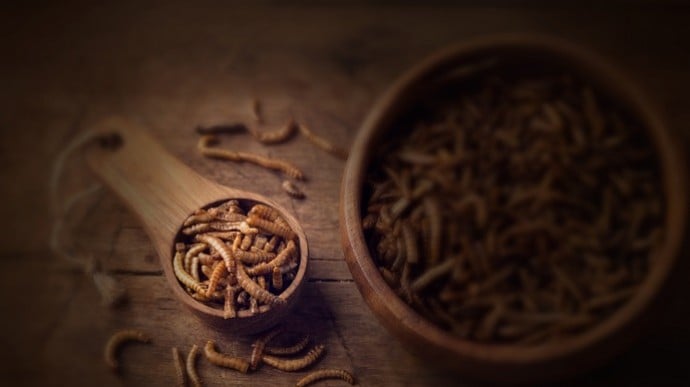In another paper, Deschodt described yet another new species. Onthophagus pragtig most likely only feeds on the innards of dead millipedes. It is one of 20 species that is part of a small group of dung beetles in the genus Onthophagus. All other species in this group are known to prefer feeding on the soft internal organs (or viscera) of dead millipedes.

Christian Deschodt is a PhD student in the University of Pretoria’s (UP) Invertebrate Biosystematics and Conservation Group under the supervision of Professor Catherine Sole. He completed a master’s degree at Rhodes University and has been doing research at UP for 15 years, and since 2020 as a doctoral student.
Deschodt has expert knowledge of the southern African Scarabaeinae, more widely known as the dung beetle.
As to how his field of research contributes to the betterment of the world, he says: “Without dung beetles, within one year, the earth would literally be knee-deep in excreted matter. Dung beetles are of extreme ecological importance, and can be used as indicators of environmental health. I hope that my knowledge will help us to better understand the natural distribution of the Scarabaeinae so we can improve or concentrate our conservation efforts of new or established reserves and ecosystems where needed.”
In the recent past, Deschodt has authored or co-authored 41 peer-reviewed papers in local and international journals, as well as a peer-reviewed book, on taxonomy and ecology. He is part of the International Union for Conservation of Nature’s specialist group on dung beetles which assesses the southern African fauna for the IUCN’s Red List of Threatened Species.
Outside his academic work, Deschodt is a beekeeper and keeps a few head of Braunvieh cattle. He has an extensive collection of books on the natural history of Africa and southern Africa, some of which form part of the rare Africana book collection.

Professor Catherine Sole's research is driven by the power of molecular techniques in testing evolutionary processes at various levels: population, species and higher taxa with special focus on invertebrates. She aims to find common evolutionary patterns in different taxa that reflect landscape and phylogenetic changes; and linking them to climatic, biogeographic and geological changes.
She is affiliated with the University of Pretoria Forestry and Agricultural Biotechnology Institute (FABI) to which she contributes entomological capacity and expertise.
 Story
Story
Cricket à la king? How about a yellow mealworm burger? Foods that may previously have evoked a ‘yuck’ response are now firmly on the menu. Research into edible insects by the Department of Zoology and Entomology at the University of Pretoria (UP) is exploring how to rear and harvest this food of the future.
 Story
Story
A single query to ChatGPT uses as much electricity as burning a light bulb for about 20 minutes. Multiply that by the millions of requests that this artificial intelligence (AI) chatbot receives each day, and the environmental impact is ominous.
 Story
Story
University of Pretoria (UP) researchers have found that the antioxidant content of certain types of tea can be likened to that found in recommended portions of fruit and vegetables.
Copyright © University of Pretoria 2025. All rights reserved.
Get Social With Us
Download the UP Mobile App